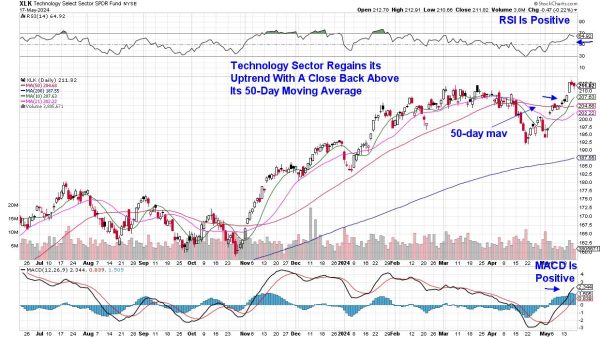American families on average saw large gains in income and wealth from 2019 to 2022 and households became less fragile during a period marked by the severe disruptions of the COVID-19 pandemic and massive subsequent government spending, a Federal Reserve survey published Wednesday showed.
But the income gains were largest among the highest-earning families, and fastest among white families, with income at the median actually registering small declines for both Hispanic and Black families, the Fed found in its latest Survey of Consumer Finances, conducted every three years.
Median net worth rose sharply for all ethnic and income groups, the survey showed, though the lowest-earning 20% of households fared the worst, with a 2% decline on average over the period versus double-digit increases for all other income groups.
The survey showed other stark contrasts. While Black households saw their median income fall by 2% – versus a 3% rise for all families – their median net worth shot up by 60% to outpace all other racial and ethnic groups during those three years, when major government stimulus efforts bolstered lower-income households.
Still, Black households had the lowest median net worth at about $45,000, 27% below the next lowest, Hispanics, at about $62,000. By contrast, median household net worth for white families was $285,000 and for Asians – measured on their own for the first time in this year’s survey – was $536,000.
Education levels also factored heavily in the results.
For instance, only those households with a “reference person” – a term typically referring to the economically dominant individual in a household – who had at least some college or held a college degree saw their incomes increase between 2019 and 2022. Households whose reference person had only a high school diploma saw no change in their income while those who had not finished high school saw their incomes drop 10%.
The survey was in line with other recent Fed and Census Bureau data that showed trends of wealth and income concentration that have taken hold since the 1980s had resumed as the post-pandemic era was getting underway this year.
A strong housing market and stock market contributed to the gains, helping to strengthen households’ financial resilience.
“Financial fragility declined between 2019 and 2022,” the Fed said, pointing to several key measures showing U.S. families on the whole were emerging from the pandemic with greater financial wherewithal than in the year before the health crisis began.
Median household leverage – measuring a family’s total debt against its total assets – sank to the lowest in 20 years at 29.2%. Meanwhile, the median payment-to-income ratio dropped to a record-low 13.4%, and the fraction of families with payment-to-income ratios greater than 40% fell 0.9 percentage point to 6.5%, also a record low. — Reuters























